





 Mr P Thompson - Headteacher
Mr P Thompson - Headteacher
SENDCO
Curriculum Leader, English





English/Drama
Religious Studies
 Mrs Wade
Miss Lupton
Mrs Tumelty
Miss Ellison
Mrs Wade
Miss Lupton
Mrs Tumelty
Miss Ellison

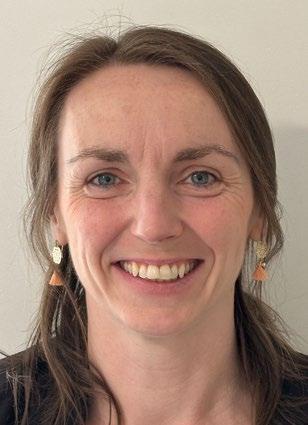



 Miss Collins
Music
Mrs Petit-Price
MFL
Miss Joyce
Geography
Mrs Gill Technology
Miss Collins
Music
Mrs Petit-Price
MFL
Miss Joyce
Geography
Mrs Gill Technology
now known as



 Mrs Haj-Manouchehri
Art
Miss Goldsmith,
Mrs Cain
Mr Shone
Exam Officer
Mrs Haj-Manouchehri
Art
Miss Goldsmith,
Mrs Cain
Mr Shone
Exam Officer







- Return to one break and one lunchtime
- Removal of the one-way system









12 Subjects 9-7 Grades
11 Subjects 9-5 Grades
11 Subjects 9-4 Grades
17% of all grades were at Grade 7+

There were 44 Grade 9 or Distinction* compared to 23 in 2022 and 28 in 2019


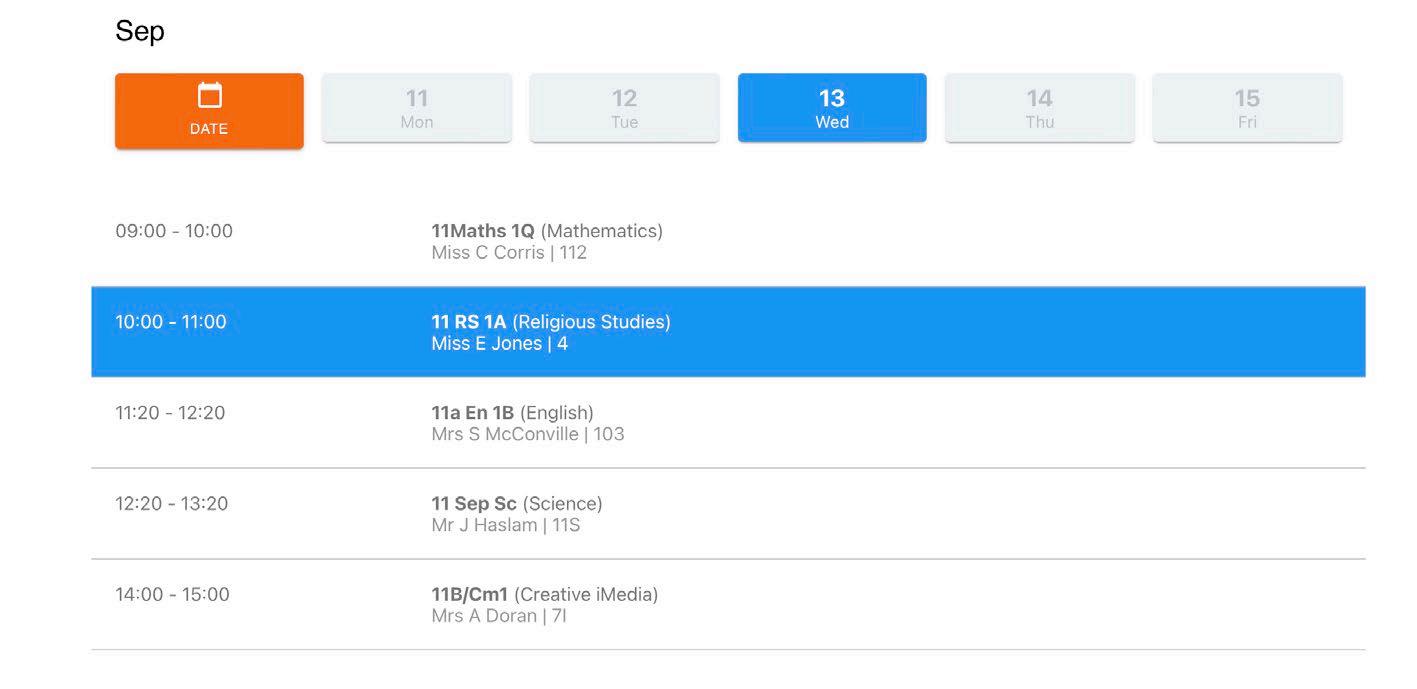

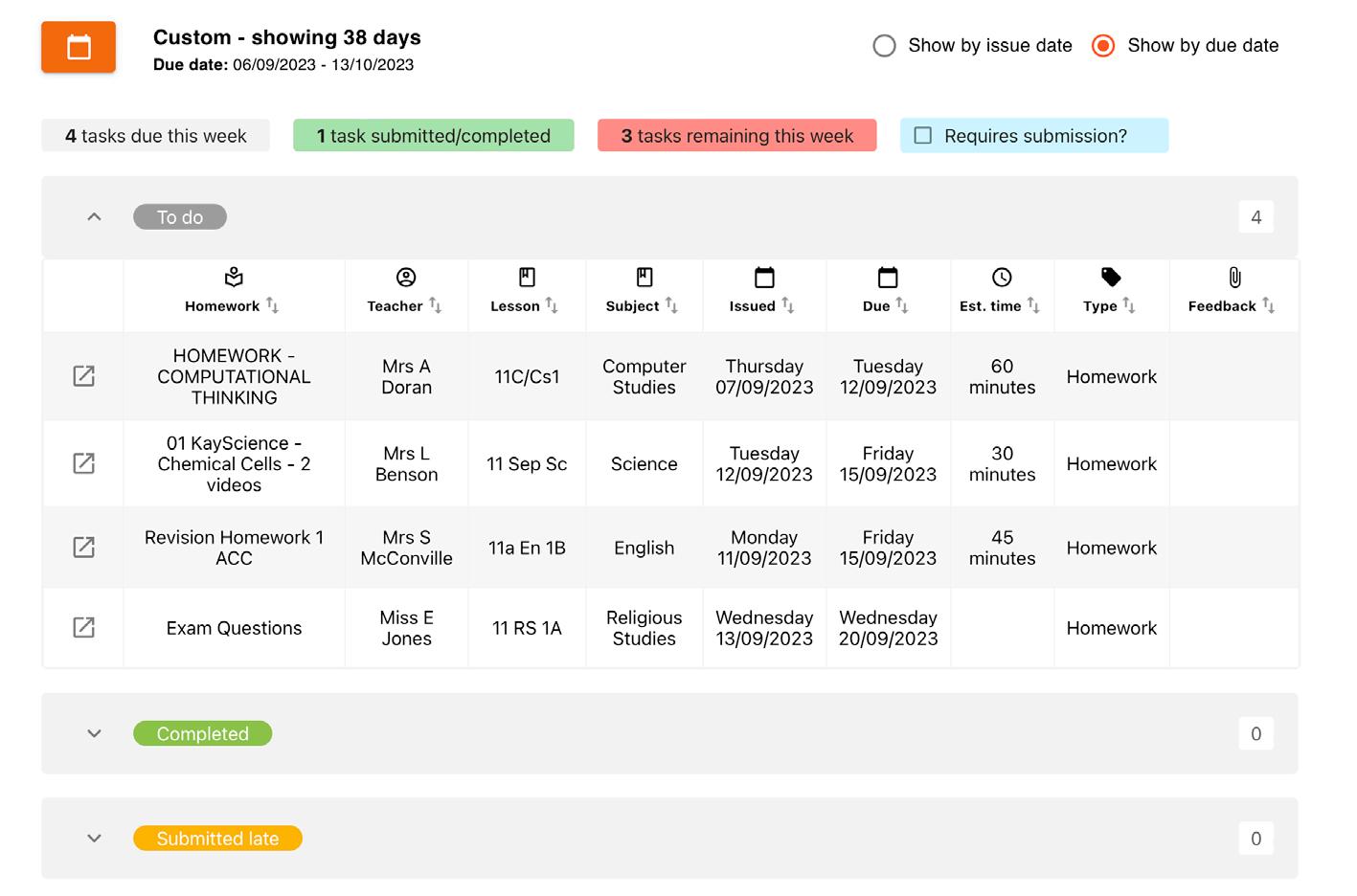











• Why set targets?
• How do we set them? – KS2 information and information from the primary school
– CATs – Cognitive Ability Tests – progress in school • Fischer Family Trust
– A non-profit organisation


Year 11 –Start 4th December

Year 10 – Start 22nd April

Year 10
–
February 1st Full Report –
June 12th Parents Evening
Year 11 –
January 24th Parents Evening –

March 14th Full Report







–
KS4 monitoring runs to track pupil effort across their GCSE studies.
– It measures effort, something every single pupil is capable of giving their best in.


– In this monitoring system pupils are assessed at regular intervals and given “ticks” (doing well), “lines” (doing OK but with reservations) or “crosses” (concerns).
–
The data is collated and reported to each pastoral team and SLT. Letters are then sent home to parents congratulating or expressing concerns about individual pupil performance.
–
The system rewards effort regardless of ability. It also creates frequent opportunities for a dialogue between pupils and teachers which is crucial in moving towards the goal of good exam performance.

When is monitoring used?

5 points during Year 10 (Oct, Dec, Feb, Mar, Jun)

4 points in Year 11 (Oct, Dec, Feb, Mar)


Majority ticks and no crosses (8-0, 7-0, 6-0)
Pupils are congratulated for their efforts.
Mr Thompson hands out these letters to each successful pupil personally.


ticks (e.g. 5-0, 7-1, 6-1, 5-1)



This is a ‘near miss’.
The tone of the letter is congratulatory but with an exhortation for effort in a specific area.
Pupils are congratulated for their efforts.
The Pastoral Leader hands out these letters to each pupil offering the necessary guidance.



Mixed performance showing some ticks but some crosses (e.g. 6-2, 5-3, 4-0, 4-1, 4-2 etc.)
The tone of the letter reflects the need for the pupil to work harder.
The form teacher hands out these letters to each pupil offering the necessary guidance.



Weak performance showing more crosses than ticks across their elective KS4 subjects ( e.g 3-4, 2-6, 0-7)
The tone of the letter reflects a need for rapid improvement or intervention.
A Senior Core Department Leader will hand out these letters to each pupil with possible parent contact made as a result and interventions put in place to improve efforts.



Highly concerning performance showinga majority of crosses across their elective KS4 subjects ( e.g 1-6, 0-7)
The tone of the letter reflects a need for urgent intervention.
A member of SLT will hand out these letters to each pupil with parent contact made as a result and interventions put in place to address progress.



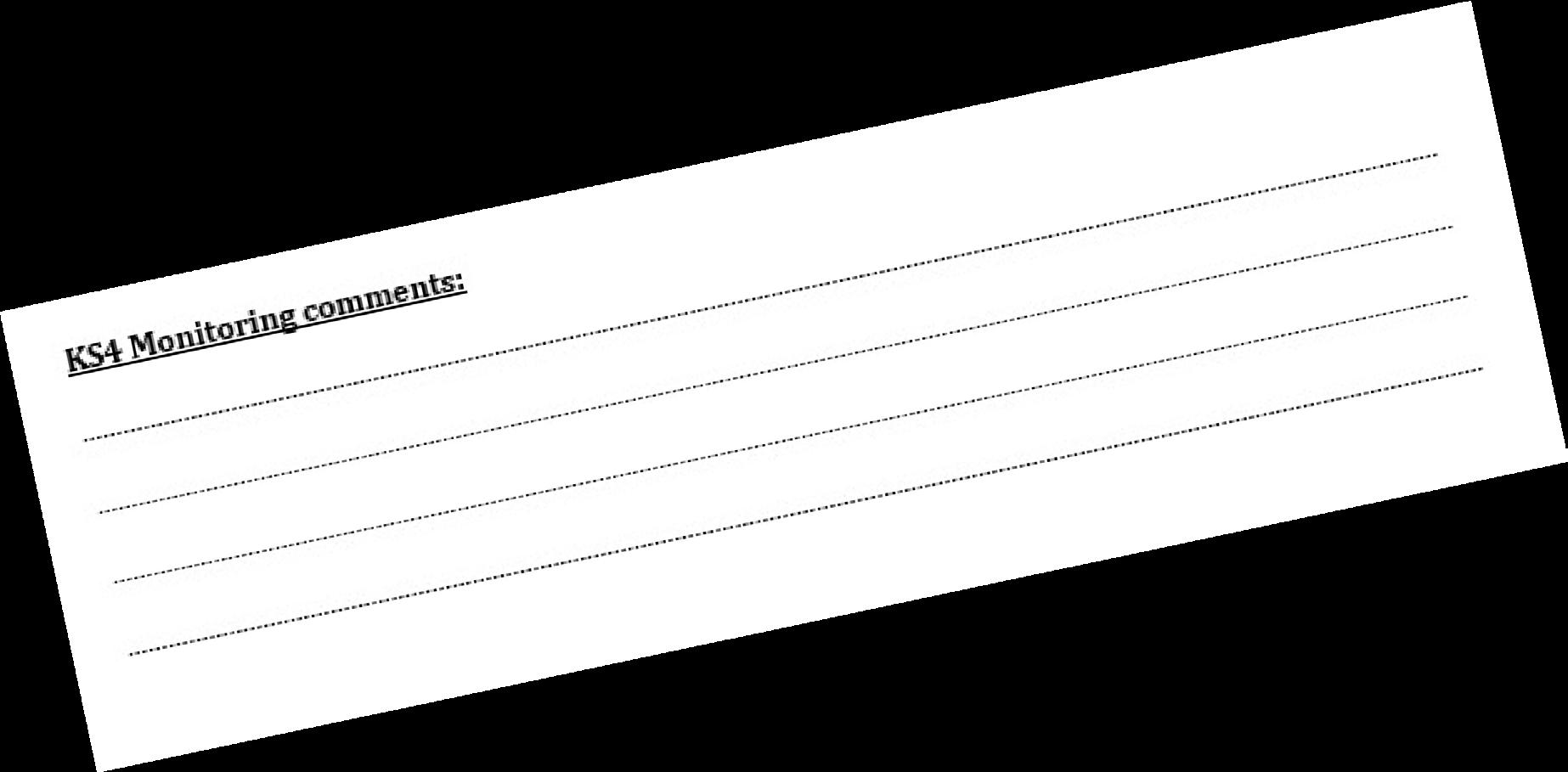

Which form will get the most ‘A’ letters?

Can any pupil gain 8-0 in every monitoring period?
The current Y11 cohort had 11 pupils with full ticks in Y10.
How many will achieve this in Y11?
How many of the new Y10 cohort will achieve full ticks?
Rewards are offered to pupils for such sustained efforts over the course of the year.


 Mrs Gail Reader Assistant Headteacher
Mrs Gail Reader Assistant Headteacher


• 98% expectation for all pupils
• Home Visits will be carried out


• Any pupil late to school more than once a week will be issued with a detention after school on a Friday lunchtime
• Ask permission for any time off school – medical evidence is required.
• Contact school every day that your child is absent
• Is your child really ill?
• Can you make an appointment out of school hours?

• To wear the correct uniform with pride at all times


• Jumpers – (October half term – Easter)
• No mobile phones at all (online safety)

• Reply slips to be returned by the stated deadline
• Ready to learn – correct equipment, homework completed, class charts to be monitored




Mentors and a Counsellor available in school


Excellent resources on the school website: https://lsmchs.com/mental-wellbeing











All pupil’s are accountable for their own learning and we, along with you as parents and carers will do our very best to allow ‘their lights to shine’
 Mrs Sarah Webb Assistant Headteacher
Mrs Sarah Webb Assistant Headteacher


Research shows that your interest and involvement in your child’s learning and education is more important than anything else in helping your child fulfil their potential. As parents, you are the people who go with your child on their learning journey, from the day they are born to the time they become an adult.

Department


What we expect from you is for you to be involved in your child's education process, to respect our school rules and teachers’ expertise and to accept your responsibility as parents.
Attend parents’ meetings
Ensure your child attends regularly
Make sure they are properly equipped for learning


Don’t accept ‘I’ve got no homework’




Support with homework




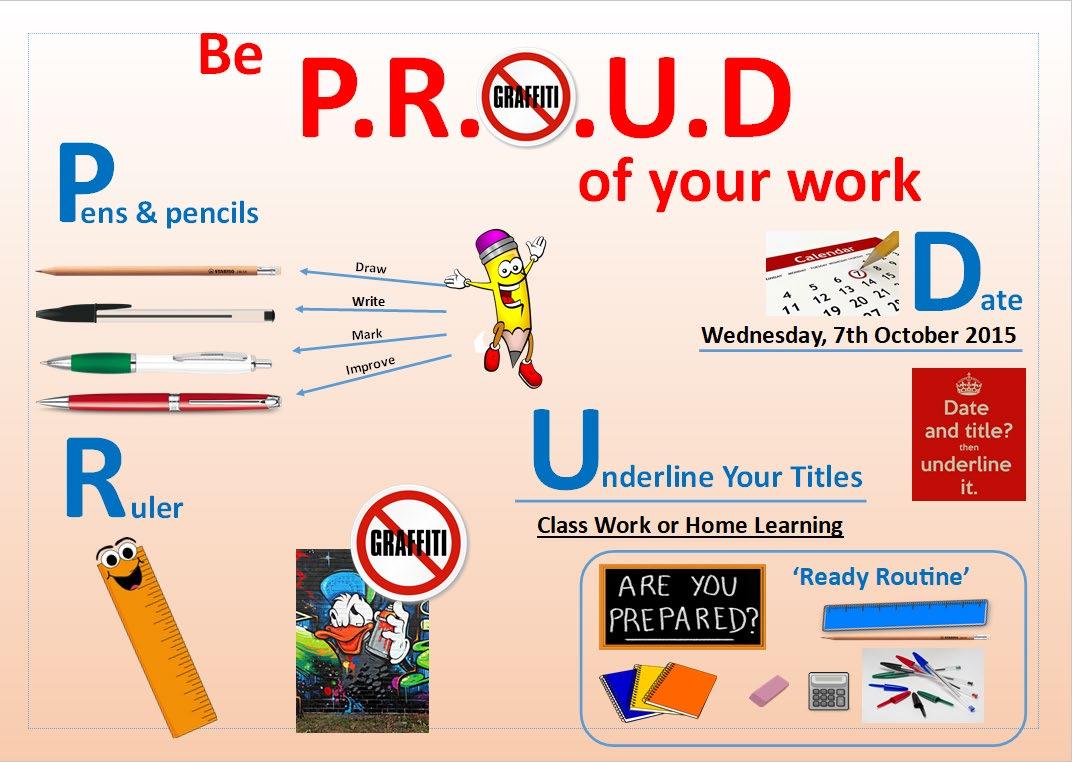
• Each pupil has been issued with a planner which will enable them to log all their passwords, printing code etc. needed for school.

• They will also be noting their attendance, merits and lost merits in it each week during form period so please feel free to have a look in this it see where they are up to.


• This is a good way to contact the form teacher if you need an update on anything.

Your child studies a wide variety of subjects at secondary school, and will be working with many different types of reading materials;
Parents who support their children’s education make a real difference to how well their child does, and there are lots of quick things you can do to help.
Any pupil who is a red reader (e.g. they are more than 2 years below their actual age) will receive targeted intervention 3 times a week for 30 minutes – each session attended has an impact of 2 months added to their current reading age so in a week they can catch up by 6 months. This our

Thinking

NGRT testing takes place over the next few weeks for all KS3 pupils. This test is really important to determine if your child needs any further intervention so it is important that they try their absolute best.
programme. Pupils will be withdrawn from any lesson to take part.


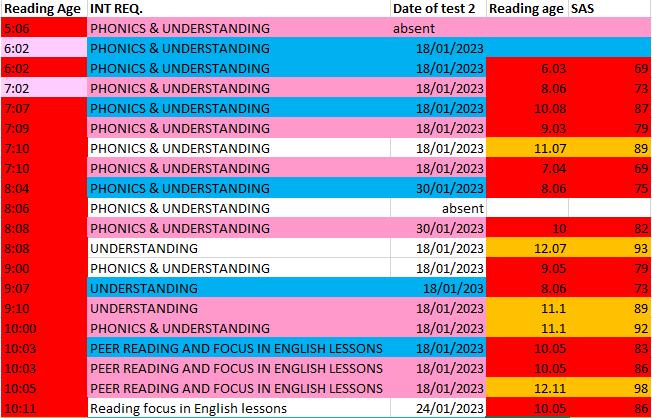












To help support our pupils with ‘how to revise’, we are planning the following events during the academic year:
In the Spring term 10 Pupils will receive a dedicated ‘How to revise’ session on Tuesday, 2nd March 2024.
At this session, all pupils will receive a ‘How to revise’ book.
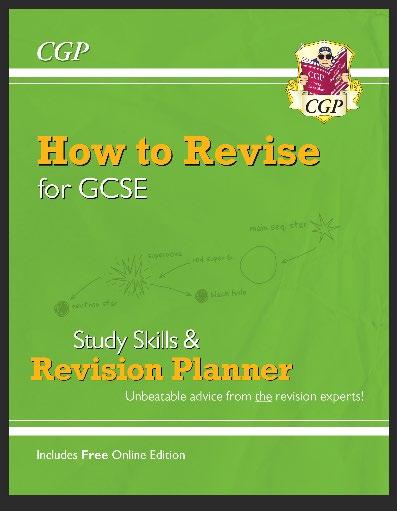

They will be advised by their class teachers how to help them begin preparing for their mocks


• Your child may be able to get free school meals if you get any of the following:


1. Universal Credit with a household income of less than £7,400 a year (after tax and not including any benefits you get)
2. Income-Based Jobseekers' Allowance
3. Income-Related Employment and Support Allowance
4. Child Tax Credit, not entitled to Working Tax Credit and household income less than £16,190
5. Support under part VI of the Immigration and Asylum Act 1999
6. Guarantee element of State Pension Credit

7. Income Support
8. Working Tax Credit 'run on' – the payment you receive for a further four weeks after you finish work


• Service children are slightly different in that we just update Sims, therefore no form is completed, we just need to be notified.








'Encouraging each child to become personally, emotionally, socially and physically effective, to lead healthy, safe and fulfilled lives; To become confident, independent and responsible citizens, making informed and responsible choices and decisions throughout their lives’


YEA R LIVING WORLD (1) LIVING WORLD (2) RELATIONSHIPS (1) RELATIONSHIPS (2) HEALTH & WELLBEING (1) HEALTH & WELLBEING (2)
10 Financial decision making
The impact of financial decisions, debt, gambling and the impact of advertising on financial choices
11 Next steps
Application processes, and skills for further education, employment and career progression
Preparing For Employment
Personal Statement Writing (Morrisby Careers Platform)
Healthy relationships Relationships and sex expectations, pleasure and challenges, including the impact of the media and pornography
Addressing extremism and radicalisation Communities, belonging and challenging extremism
Mental health
Mental health and ill health, stigma, safeguarding health, including during periods of transition or change
Exploring influence
The influence and impact of drugs, gangs, role models and the media
LETTING YOUR LIGHT SHINE (Bespoke Module)

Work Experience Preparing, completing and evaluating work experience placements.
Moving Forward CV Writing & Preparing for KS5
(Morrisby Careers Platform)
Communication in relationships
Personal values, assertive communication (including in relation to contraception and sexual health), relationship challenges and abuse
Families
Different families and parental responsibilities, pregnancy, marriage and forced marriage and changing relationships
Building for the future
Self-efficacy, stress management, and future opportunities
Independence


Responsible health choices, and safety in independent contexts
Options (Preparing for Exams & KS5)
Discussion of revision techniques and supporting applications at KS5.


St Mary’s Curriculum

Our curriculum benefits from the input of:
• Recommendations from our own pastoral team, in terms of key priorities

• Information from the community, local police and LCC regarding recent incidents or rises in specific issues.
• Expert external agencies delivering age appropriate material.
• Input from members of staff across the whole teaching body, the Senior Leadership Team and the Head Teacher.
• Input from school Governors.
• Regular feedback from the “Voice of St Mary” (Parents/Pupils/Staff)






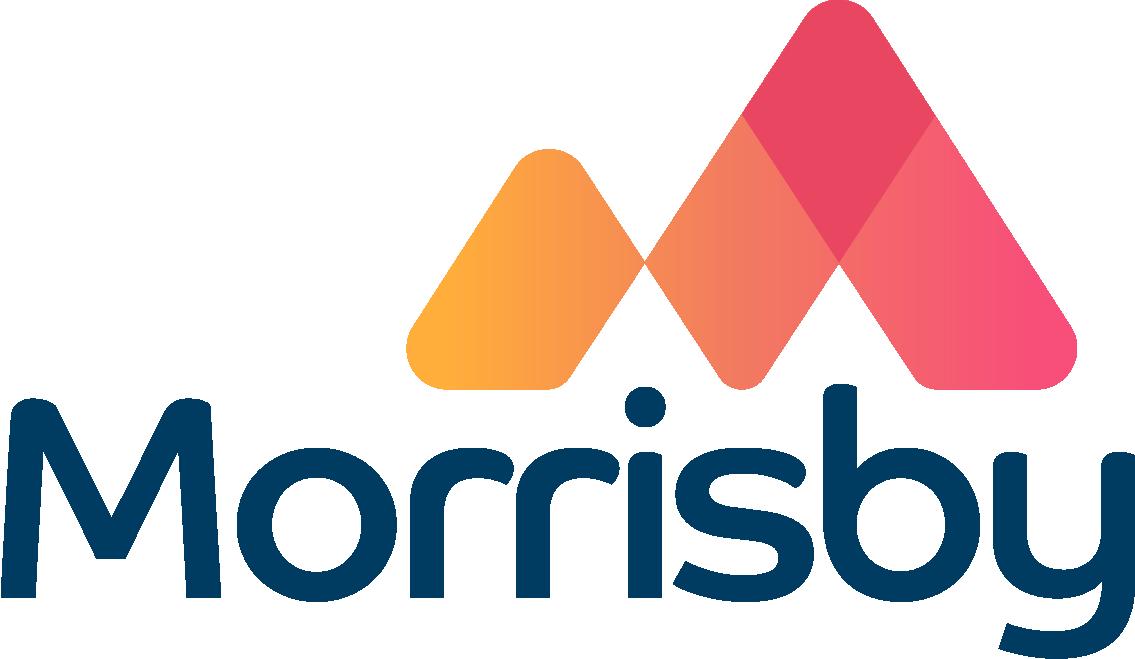


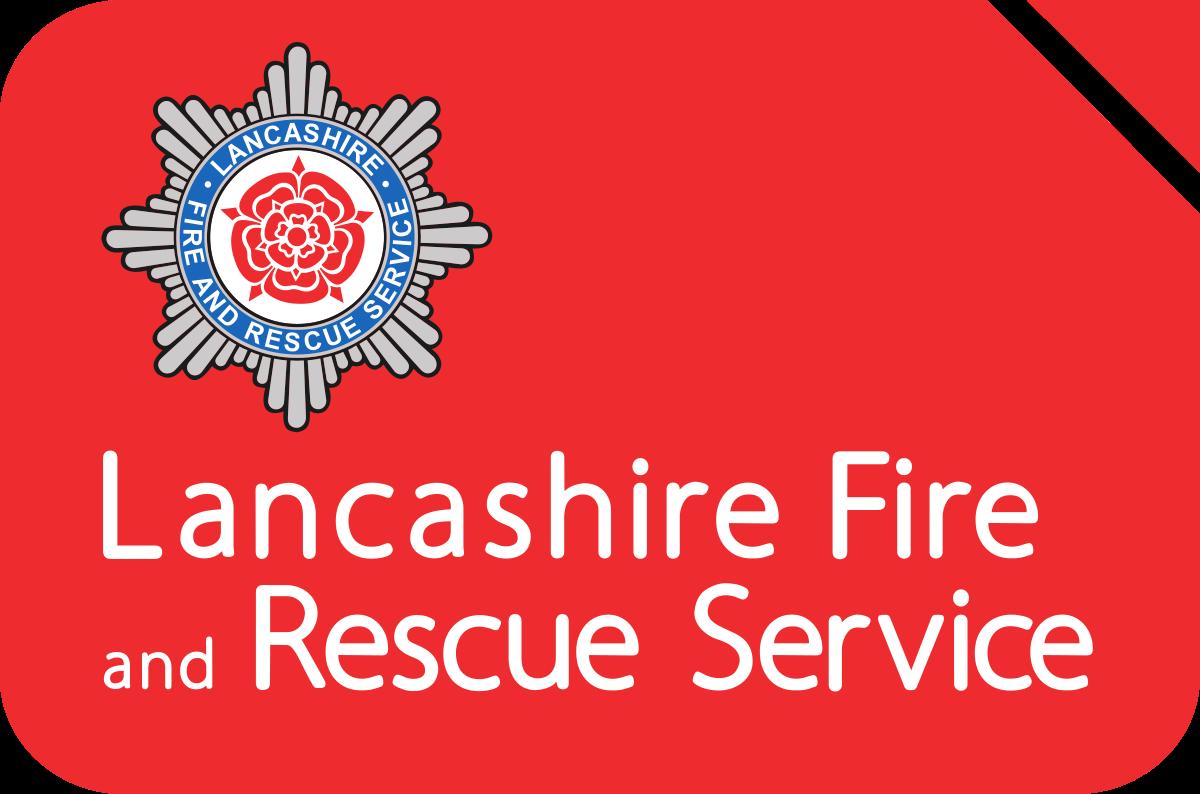

Bespoke Year 10 Curriculum
Careers Unit (Morrisby):


Investigating careers
Personal Statements
(Creating your own)
Police Assembly – Targeting key issues in your year group
Preparing for work experience (Preston College)
Work Experience
Evaluating Work Experience
Bespoke Year 11 Curriculum
Careers Unit (Morrisby): Investigating careers
CV’s
Updating your personal statements (College)
College Applications
Police Assembly – Targeting key issues in your year group
Preparing for exams in Year 11 (Exam techniques, revision techniques and supporting mental wellbeing)




• Musical Activities
• School Shows/Performances

• Sports Clubs
• District Sporting Competitions

• Theatre Visits
• Duke of Edinburgh



• Educational Visits

• Rewards Trips

• Foreign Trips
• Careers Visits/Interviews
• Department Clubs
• Christmas Events
• Visiting Speakers
• Field Studies
• Talent Shows








